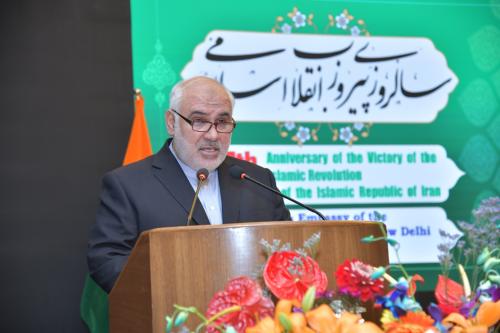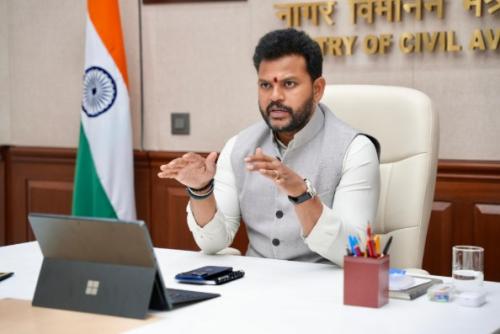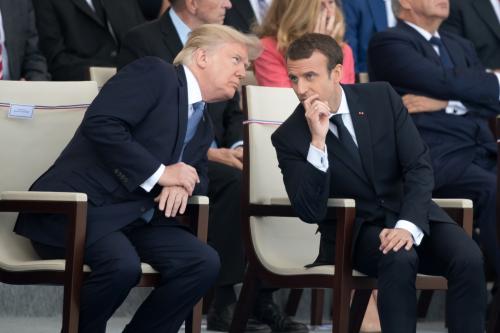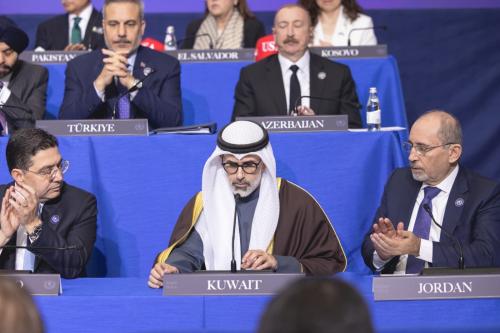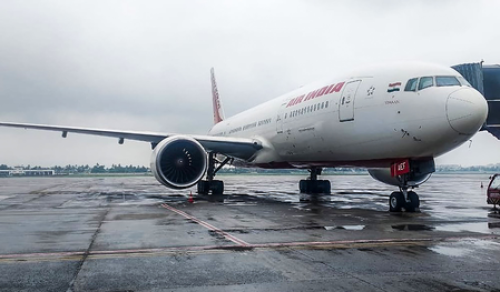VIKAS DATTA Pakistan's fourth military dictator Pervez Musharraf, who passed away on Sunday, had, like his predecessors, an eventful, even tumultuous, tenure and left a contested legacy. Like them, he was not very successful in his attempts at changing the country, and did not escape the virulent odium they faced after they demitted - or were made to demit - office. But what will be his particular legacy? In one respect, it will be very mixed. He is the one who took his country to the brink of war with India - twice, and then, to the brink of peace, before his domestic misadventures and misfortunes left the latter prospect a tantalising mirage. And then, his quick support to the US post 9/11 - after a not-so veiled threat, was also not as full-hearted as it later emerged - and had consequences for him too, in the form of two assassination attempts in quick succession. However, Musharraf has to be seen in the light of his uniformed predecessors in power - and as per an Indian observer, he did not score very highly compared to two of them - at that point in time. Veteran Indian diplomat M.K. Rasgotra, who met him in 2000, soon after his coup, termed him "shrewd, also perhaps also not without cunning but he is not wily like Gen. Zia ul-Haq. Nor does he possess the bluff exuberance of Gen. Mohd Ayub Khan". But, Rasgotra's estimate did not hold true in the long run. For those who remember his official visit to India - in 2006, though not in 2001 for the abortive Agra Summit, and subsequently, for various media summits, Musharraf proved to be an extremely telegenic and effective in media and personal interactions. I remember Musharraf effectively dominating the breakfast meeting with editors in 2005, when he came to New Delhi see the cricket match, and dealing jocularly with questions like if South Asia catches a cold if the US sneezes, in his trademark bluff joviality, or drolly recounting how his and Manmohan Singh's plan to catch another session of the match was derailed by his team's collapse. Earlier, leaving for an official engagement, he especially came to the group of cameramen, photographers, and the odd journalist (including me) waiting for him, shook hands, and asked: "Gentlemen, you did not go to see the match?" But, personality apart, Musharraf, like his predecessors Ayub Khan and even Zia-ul-Haq - came very close to peace with India, but some spoilers - Ayub's civilian ministers like Zulfiqar Ali Bhutto, and in the later case, a gaggle of US Congressmen who termed a proposed India-Pakistan Friendship Treaty, on the verge of signature, as anti-US - did not allow this particular course in the history of South Asia to be pursued. However, when it comes to the conditions when he took over power, Musharraf, like Ayub Khan and Zia, was seen a force for deliverance. Ayub Khan, whose rule ended a near decade of turbulence in Pakistan where autocratic civilian governor generals freely dismissed elected governments, did not technically stage a coup, but managed to nudge aside the man who actually did - Gen Iskandar Mirza. And his near-decade long rule was seen as among the most peaceful in Pakistan. Zia, on the other hand, overthrew a civilian near-dictator Zulfikar Ali Bhutto, who was facing widespread public protests after a questioned election. Likewise, when Musharraf overthrew Nawaz Sharif in October 1999, it must be recalled that Sharif was at the height of his powers, having dislodged a President and an Army Chief, and having introduced the 15th Constitutional Amendment to introduce Sharia law in Pakistan. Under Musharraf, as was in the Ayub era, there was a stress on moderation and modernisation but Musharraf went much further in press freedom too, presiding over a bouquet of new news channels - that are still vibrant despite the recent attempts at repression by both the secret services and terrorists. And then like Ayub, Yahya Khan and Zia, Musharraf was done in mostly by the civilian politicians he backed. But, where Musharraf might differ from his predecessors, as could be evinced from some actions like Kargil, the Lal Masjid episode, the suspension of Chief Justice Iftekhar Chowdhury, the imposition of a state of emergency after the lawyers' agitation, could probably be attributed to his service background - of being a commando. For commandos, unlike other armed force personnel, are trained to be independent-minded but also fixated on bold - but tactical - operation or course before them. If it succeeds, it is great but, if it blows up in one's face? Possibly, Musharraf's major impact could be how his particular example made the army chary of taking power directly again - despite worse cases of political instability or misrule. That might be his most abiding legacy. (Vikas Datta can be contacted at vikas.d@ians.in)
Musharraf: The commando who could be Pakistan's last military dictator
- by Rinku
- February 05, 2023 2 minutes
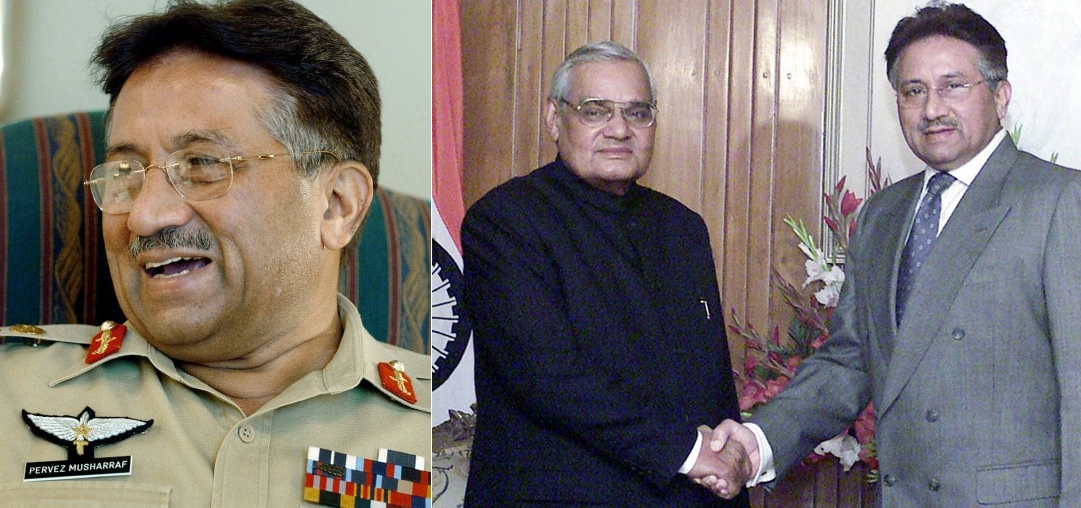
Musharraf: The commando who could be Pakistan's last military dictator (IANS Obituary)
Hackers stole $3.8 bn from crypto investors in 2022
February 05, 2023




